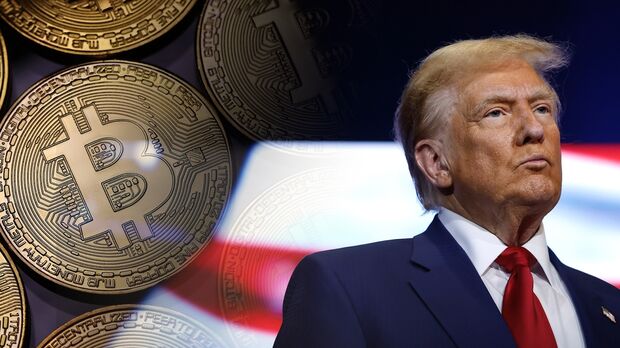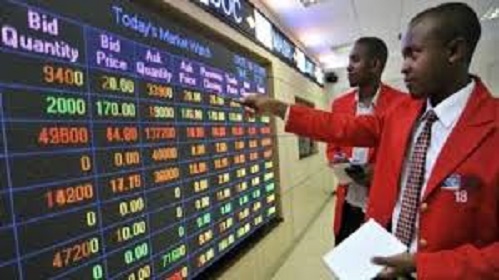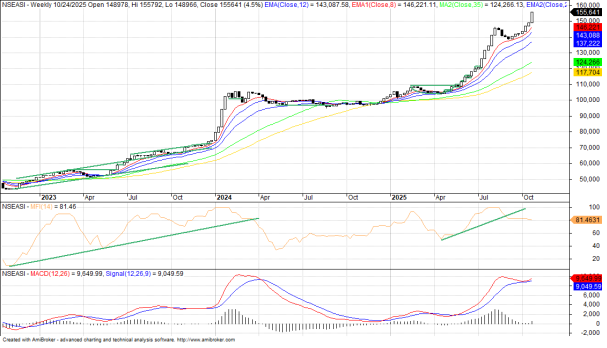
The Chinese Yen strengthened versus its peers on Tuesday, as investors took refuge in safe-haven assets after the U.S. Justice Department charged China’s Huawei Technologies Co Ltd, China’s largest technology company, with fraud, ratcheting up U.S.-Sino trade tensions.
The United States on Monday charged Huawei, its chief financial officer and two affiliates with bank and wire fraud to violate sanctions against Iran in a case that has escalated tensions with Beijing.
Specifically, prosecutors allege Huawei, which has been the target of a broad U.S. crackdown, including allegations it sold telecommunications equipment that could be used by China’s Communist Party for spying. The charges filed Monday also mark an escalation of tensions between the world’s two largest economies, which are mired in a trade war that has roiled markets.
In a 13-count indictment in Brooklyn, New York, the government alleged Huawei, two affiliated companies and Chief Financial Officer Meng Wanzhou of bank and wire fraud as well as conspiracy in connection with business in Iran. Separately, charges filed in Washington state accuse the company of stealing trade secrets from T-Mobile USA Inc. and offering bonuses to employees who succeeded in getting technology from rivals.
The cases “expose Huawei’s brazen and persistent actions to exploit American companies and financial institutions, and to threaten the free and fair global marketplace,” Christopher Wray, director of the Federal Bureau of Investigation, said at a press conference in Washington announcing the charges. Separately, Canada’s justice department confirmed it received a formal request to extradite Meng to the U.S.
But Huawei issued a statement that it had done nothing wrong in either case.
“The company denies that it or its subsidiary or affiliate have committed any of the asserted violations of U.S. law set forth in each of the indictments, is not aware of any wrongdoing by Ms. Meng, and believes the U.S. courts will ultimately reach the same conclusion,” Huawei said in an email. The company also said it had attempted to open discussions with the U.S. Justice Dept., but the request was rejected.
The Chinese government, which has defended the company and accused the U.S. of trying to curtail the rise of its technology industry, demanded Washington immediately revoke her arrest warrant.
“We strongly urge the U.S. to stop unreasonably targeting Huawei and other Chinese enterprises,” the Ministry of Foreign Affairs said in a statement. “We again urge the U.S. to revoke Meng Wanzhou’s arrest warrant and refrain from issuing a formal extradition request, to avoid going further and further down a path of mistakes.”
U.S. prosecutors said that Huawei concealed its relationship with Skycom Tech Co., a Hong Kong-registered company with operations in Iran, in violation of U.S. laws. Meng “personally made a presentation in August 2013 to an executive of one of Huawei’s major banking partners in which she repeatedly lied about the relationship,” prosecutors said in a statement announcing the charges. Skycom was also charged.
Meng, 46, the daughter of the company’s founder, was arrested Dec. 1 in Canada on allegations that she committed fraud to sidestep sanctions against Iran. Meng’s next court date is set for Feb. 6 in Vancouver, where she is out on bail following her detainment while in transit at the Vancouver airport. She is fighting extradition to the U.S. to face criminal charges.
Canada’s justice minister now has up to 30 days to assess the U.S. request and issue an “authority to proceed” with hearings. The country has little leeway to refuse, assuming the alleged crimes she committed also violate Canadian law. A hearing could still be months away, and Meng will have several opportunities to appeal. The final decision on extradition is up to Canada’s justice minister.
Investors fear the charges could complicate high-level trade talks set to begin on Wednesday when China’s Vice Premier Liu He will meet with U.S. Trade Representative Robert Lighthizer and others.
“There is a much lesser chance now that we get anything positive out of these trade negotiations,” said Nick Twidale, chief operating officer at Rakuten Securities.
“This is likely to be bad for risky assets such as stocks and we expect the dollar/yen and Australian dollar to be under pressure,” Twidale said.
China expressed serious concern about U.S. charges on Huawei, with its foreign ministry saying on Tuesday that Beijing would protect the lawful interests of Chinese companies.
The yen, a currency sought out during times of market uncertainty or economic stress, advanced 0.15 percent versus the greenback to 109.19.
Against the Aussie dollar, the yen was up 0.2 percent at 78.18. The euro also lost 0.1 percent of its value versus the Japanese currency to 124.80 as investors took shelter in the safe-haven currency.
The Aussie dollar was down 0.1 percent at $0.7155, but well off its intra-day low after the Reserve Bank of Australia (RBA) board member Ian Harper said that the next move in Australian rates would be up.
The dollar index, a gauge of its value versus six major peers, was flat at 95.72 and holding close to a two-week low at 0314 GMT.
Market participants are focusing on the Federal Open Market Committee policy meeting between Jan. 29-30, where Chairman Jerome Powell is widely expected to acknowledge growing risks to the U.S. economy as global momentum weakens.
Investors expect the Fed to adopt a more cautious stance on policy than they did in 2018, pressured by signs of a peak in U.S. corporate earnings and the loss of economic momentum both at home and globally.
The interest rate futures market is pricing in no Fed hikes this year. Last year, the dollar enjoyed a solid rally as the U.S. central bank raised rates four times because of a robust economy.
Elsewhere, the euro was a bit weaker at $1.1427, but not far off its highest level in more than a week. Traders believe recent weak economic readings in Germany and France, and the European Central Bank’s dovish stance, are already priced into the euro.
Sterling was also slightly down 0.1 percent at $1.3150, pulling back from 3-month highs. Later on Tuesday, lawmakers will debate and vote on British Prime Minister Theresa May’s next steps, after the overwhelming rejection of her Brexit plan earlier this month, and have been proposing amendments seeking to shape the future direction of Brexit.
Analysts expect sterling to remain volatile. Britain is set to leave the European Union on March 29, but the country’s members of parliament remain far from agreeing a divorce deal.
Source: Reuters/Bloomberg














